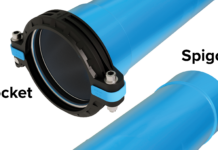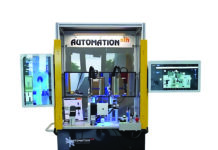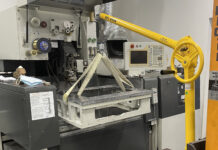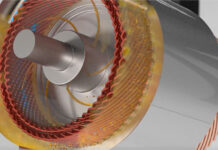Our Mission & Vision & Values:
It is the mission of GBMP, as a not for profit, to sustain a strong and vibrant regional economy by improving the operational profitability and competitiveness of existing and emerging organizations, large and small, through training in lean and continuous improvement principles. By promoting successful implementations and providing outreach to aid in investment decisions pertaining to our client’s operations, GBMP will help perpetuate a positive future for industry.
Our vision is to be a leading contributor in strengthening industry and increasing employment opportunities in the Northeast.
GBMP’s values include True North Orientation, Experience, Mutual Respect, Professionalism, Collaboration and Community Service.
Click HERE to view of the GBMP Training Model
Based at the University of Massachusetts Boston campus, GBMP is a non-profit corporation that has worked with hundreds of companies, providing suggestions and solutions resulting in millions in cost savings and increased sales. Each year GBMP trains over 7000 people on Continuous Improvement principles through customized, on-site classroom and shop-floor training sessions and educates over 1000 more people in public workshops, plant tours and the Manufacturing Roundtable Speaker Series.
About GBMP:
What is Continuous Improvement?
Continuous Improvement connects your employees to your customers by finding and eliminating non-value-added activities, those things the customer doesn’t want to pay for, in all areas of your business. The key to success is the understanding that Continuous Improvement is all about people. Your employees are in the best position to identify and solve all the little problems that are manifested throughout your business processes. Given a little education and the proper support and encouragement, employees can find and eliminate all the headaches and time anchors that currently prevent you from delighting your customers.
Continuous Improvement is about creating an environment where employees can make changes that allow them to spend more time on those things your customers want to pay for!
Take a moment to think about your facility as you read the following seven forms of waste:
• Defects
• Waiting
• Movement
• Inventory
• Processing
• Transportation
• Overproduction


















